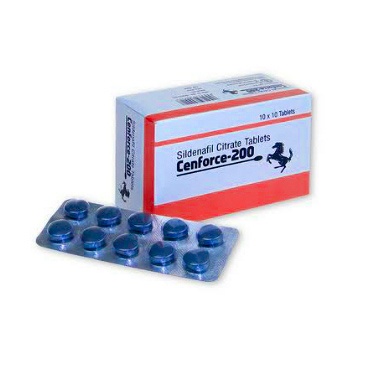Selecting the best sugar control products depends on various factors, including your individual health needs, preferences, and medical conditions. It’s essential to consult with a healthcare professional before starting any new sugar control regimen, as they can provide personalized advice based on your specific situation. However, here are some general tips for selecting sugar control products:
Consult Your Healthcare Provider: Before trying any sugar control products, consult your healthcare provider or a registered dietitian. They can assess your current health status, recommend appropriate products, and create a customized plan tailored to your needs.
Read Labels Carefully: When choosing sugar control products, carefully read the labels to understand their ingredients, nutritional information, and any potential side effects. Look for products with minimal added sugars and carbohydrates.
Check for Clinical Evidence: Look for products that have been clinically tested and have scientific evidence supporting their effectiveness in managing blood sugar levels. These products are more likely to be reliable.
Consider Your Dietary Restrictions: If you have specific dietary restrictions or allergies, make sure the sugar control products you choose align with your dietary needs. Some products may contain ingredients that you need to avoid.
Choose Whole Foods: Whenever possible, opt for whole, unprocessed foods to control your sugar intake. Fresh vegetables, lean proteins, and whole grains are generally better options than heavily processed products.
Look for Low-Glycemic Options: Foods with a low glycemic index (GI) can help regulate blood sugar levels more effectively. Foods with a lower GI release glucose more slowly into the bloodstream, which can help prevent spikes in blood sugar.
Portion Control: Pay attention to portion sizes, as even healthy foods can affect blood sugar if consumed in excess. Use measuring cups or a food scale to ensure you’re eating appropriate portions.
Monitor Carbohydrate Intake: Carbohydrates have the most significant impact on blood sugar levels. Focus on managing your carbohydrate intake by choosing complex carbohydrates like whole grains and avoiding or limiting simple sugars.
Consider Natural Supplements: Some natural supplements, such as cinnamon, chromium, and alpha-lipoic acid, have shown potential in helping to control blood sugar levels. However, always consult your healthcare provider before taking any supplements, as they can interact with medications and have side effects.
Track Your Progress: Keep a food diary and monitor your blood sugar levels regularly to assess how different products and dietary choices affect your health. This can help you make informed decisions and adjust your plan as needed.
Beware of Marketing Claims: Be cautious of products that make exaggerated claims about their ability to control blood sugar or cure diabetes. These claims are often not supported by scientific evidence.
Consider Personal Taste and Preferences: Ultimately, it’s essential to choose products you enjoy and can sustain in the long term. If you don’t like the taste or find a particular product unpalatable, it may be challenging to stick to your sugar control plan.
Remember that managing blood sugar levels is a complex process, and there is no one-size-fits-all solution. Working closely with a healthcare professional and making gradual, sustainable changes to your diet and lifestyle is often the most effective approach to sugar control.




